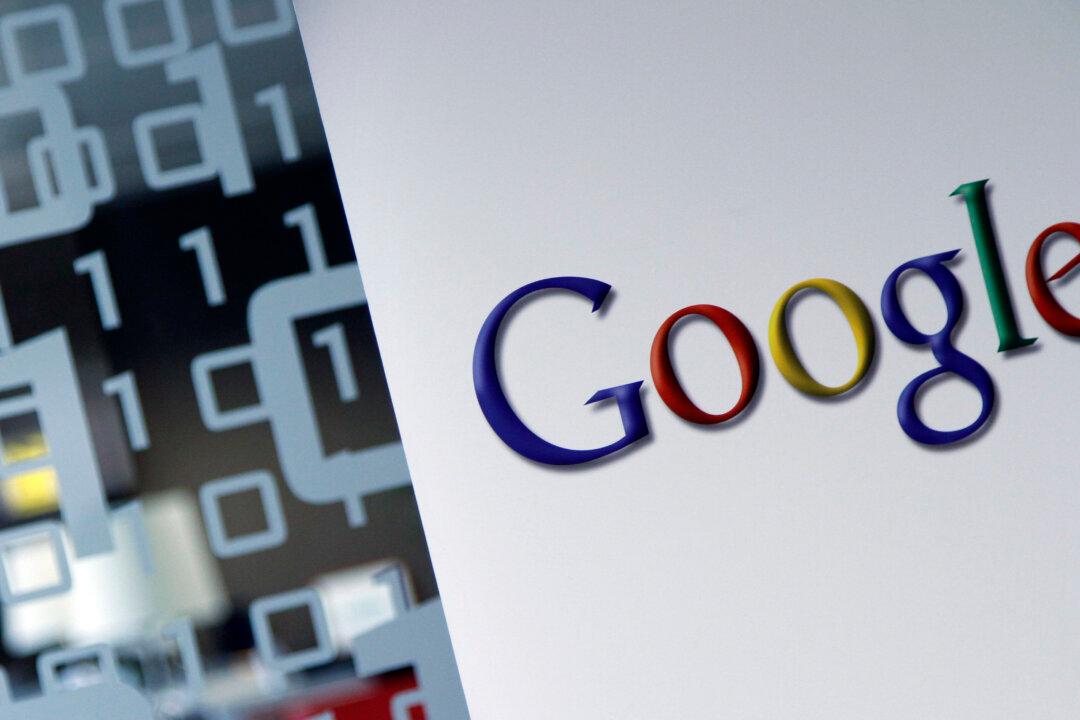We probably should have seen the signs when Facebook founder Mark Zuckerberg and his newly-wedded wife accidentally photo-bombed a Chinese TV news report about China’s police in 2012. Or in October 2014, when he spoke in Mandarin at a student question and answer session at a Chinese university.
But maybe the signs were clearer when he hosted the politician in charge of Internet censorship in China and started to distribute Chinese leader Xi Jinping’s biography at Facebook’s offices in December 2014, a move that was strongly condemned even by Chinese Internet users in mainland China. Or when Facebook deleted a Tibetan’s post about a self-immolation protest, something that tech media pointed out showed the social media seemed to be exercising double standards about what kind of posts it would censor. Or when Facebook blocked the entire account of an exiled Chinese writer living in Germany.
The social network giant’s desire to operate in China is not new. As early as 2010 and 2011, Zuckerberg was reported to have visited Internet tech companies in China, even chatting with Sina’s CEO at that time. Rumors swirled that Facebook was looking to offer its services in China through Sina.
That move never happened, and probably for good reason: no one can freely operate an open social network in China without government intervention. Twitter is blocked in China, LinkedIn has gotten a lot of bad rap for censoring content overseas to try to get into China, and Google left China in 2010 after suspected Chinese hackers got into their secure networks.
For these reasons, Facebook has reason to tread slowly. But it seems clear that its founder CEO Mark Zuckerberg is eyeing the market with great interest.
China does have a potential user base of over 1 billion users, with over 600 million users already online. But the last thing these Chinese users need is more censored Internet, the sort of which they’ve already suffered from for over a decade.



